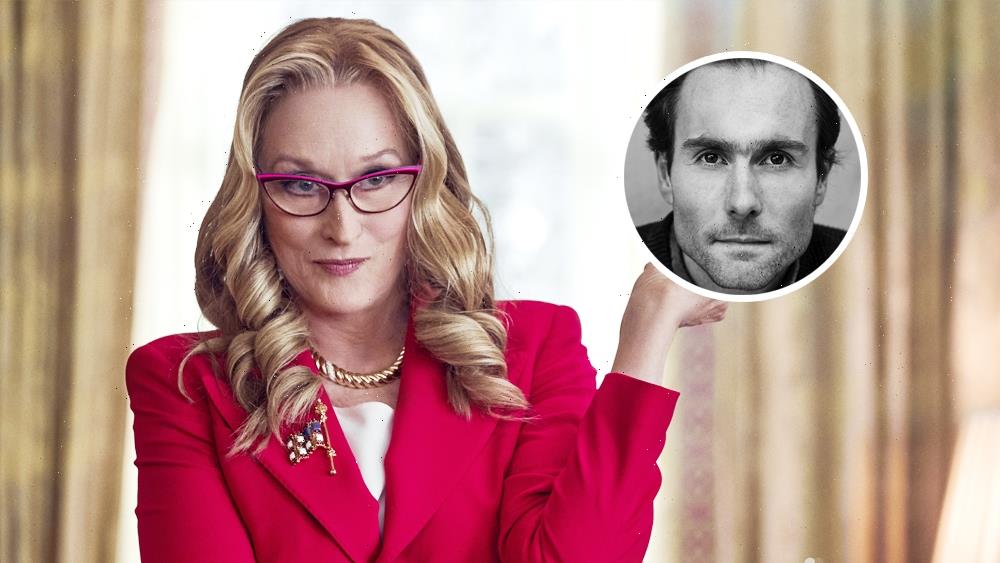For Variety‘s Writers on Writers, David Wallace-Wells pens a tribute to “Don’t Look Up” (screenplay Adam McKay).
Parables are hard, which is why the best ones tend not to play like parables at all. Light comedy about the end of the world isn’t exactly easy, either, but “Don’t Look Up” delivers that, too.
In retrospect, at least, we now know Adam McKay’s early movies were about much more than they seemed to be about at first. “‘Anchorman’ was clearly, like, what the fuck happened to the television media, what a joke it’s become,” the director told Jessica Pressler in 2015. “‘Talladega Nights’ was about this weird stubborn pride that was showing up in America, kind of the corporate takeover of southern pride. ‘Stepbrothers’ was about how consumerism turns grown-ups into little kids.’” More recently, Joe Hagan wrote that ‘Anchorman 2’ was “the perfect instrument for McKay’s takes on George W. Bush’s retro masculinity” and that ‘The Ballad of Ricky Bobby’ was “a Rorschach of the country’s political divide during the Iraq War, without ever mentioning the Iraq War.”
Everybody knows “Don’t Look Up!” is about climate change. McKay has been characteristically blunt about it in interviews so far. But what makes it the emotional wrecking ball of a movie that no climate film before has managed to be is that it is really about just what it is about: what would happen if a planet-killing asteroid was discovered heading straight for earth, this earth, this batshit earth—beyond satire and yet begging to be satirized. Well, that, and what it would feel like to stare up at it in the sky and contemplate the possible imminent end of not just your life and the life of everyone you’ve ever known but of the whole messy, magical, improbable human experiment that gave rise to those lives (and the messier, more magical, more improbable planetary experiment that gave rise to life at all) in one sudden and permanent erasure. Also, it is uncomfortably funny, for a movie about our cartoonish indifference to the onrushing apocalypse.
David Wallace-Wells is editor at large at New York magazine and the author of the international best-seller “The Uninhabitable Earth: Life After Warming.”
Source: Read Full Article
